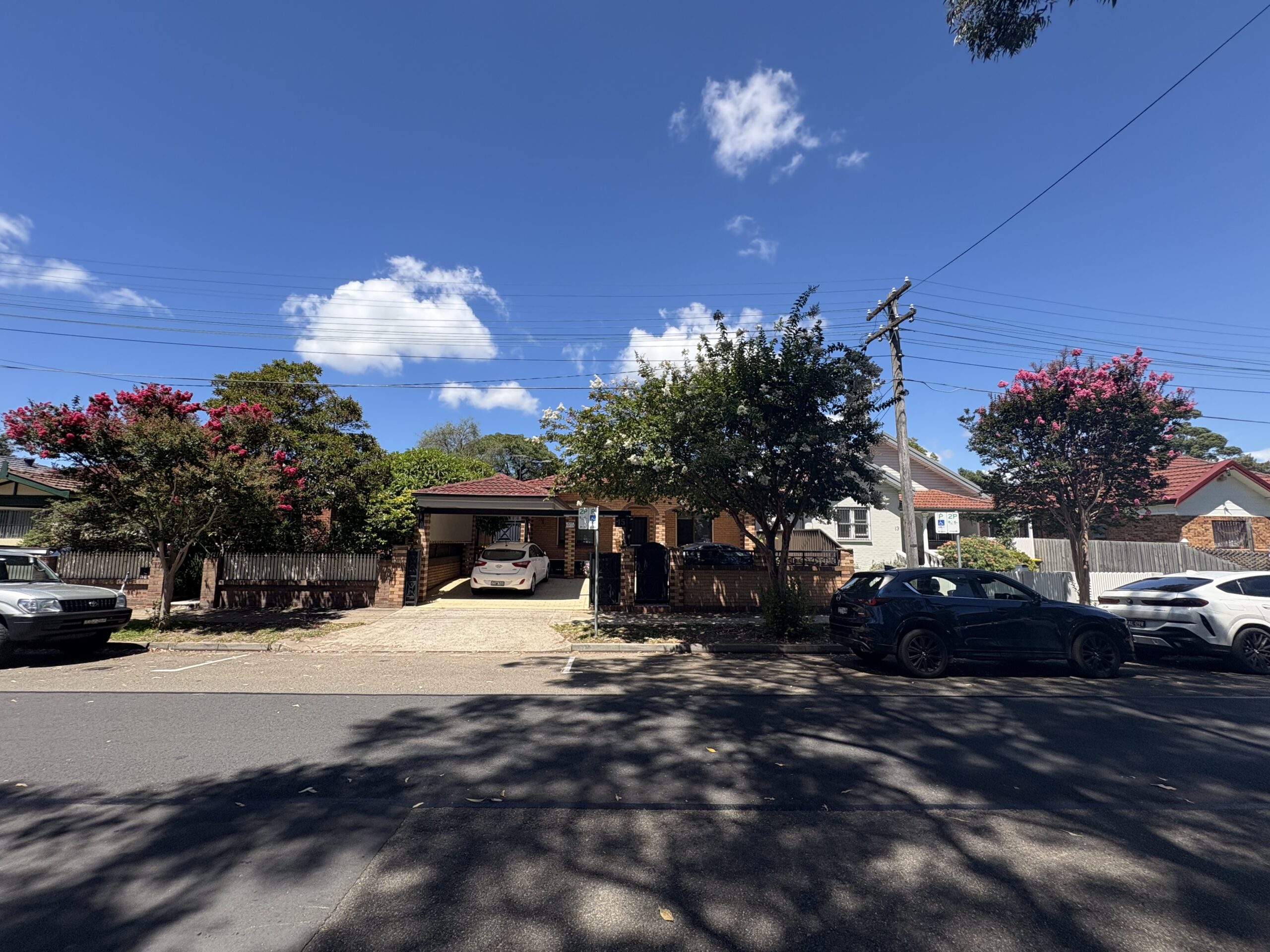
2
6

1
This welcoming, fully accessible group home is designed to provide a comfortable and supportive living environment for individuals with disabilities. Sitting on one level, this solid freestanding brick home has been thoughtfully modified to ensure ease of movement and accessibility for all residents.
A hand-railed ramp leads to the front door, offering wheelchair access. The paved carport at the front provides a convenient space for transport, ensuring residents can easily attend outings, activities, and appointments. Every area of the home has been carefully adapted to be wheelchair-friendly.
Inside, the home features six spacious bedrooms, each with built-in wardrobes, providing ample personal storage. Three well-appointed bathrooms include two fully equipped wheelchair-accessible facilities, complete with shower benches for added comfort and support.
The large kitchen boasts plenty of cupboard space, ideal for shared meal preparation and daily convenience. Adjacent to the kitchen, the dining area and charming living room offer a bright and welcoming space, with large windows allowing natural sunlight to stream in.
The backyard extends the home’s inviting atmosphere with a spacious covered area, perfect for alfresco dining and leisure seating. This outdoor space provides residents with a tranquil environment for relaxation and social interaction.
For added practicality, the home includes a large outdoor laundry with extra storage, accommodating mobility aids and equipment securely.
This thoughtfully designed group home offers a safe, accessible, and comfortable living space where residents can enjoy both independence and community support.
Features of the property
- Six bedrooms
- Two bathrooms
- Three toilets
- Open plan living area
- Central air conditioning/heating
- Secure courtyard
- Ramp for wheelchair access
- 3 Parking spaces
Lifestyle highlights
- 24-hour support staff
- Outdoor Area
- Level driveway
- Close to local parks, shops, cafes and transport
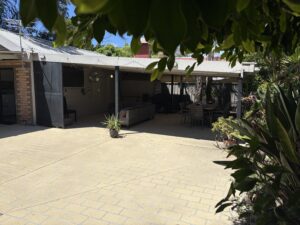
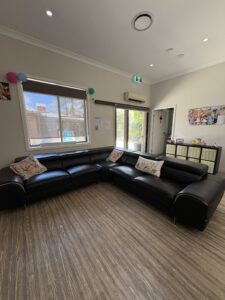
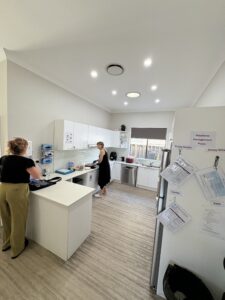
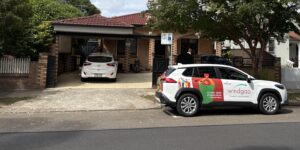
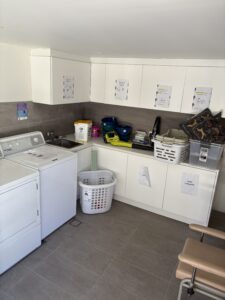
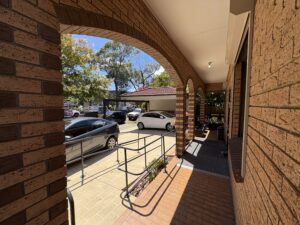
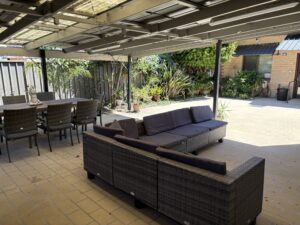
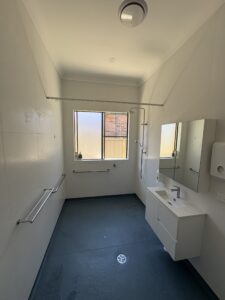
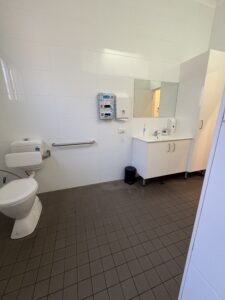
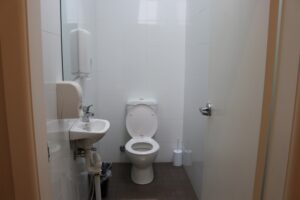
FAQ’s
What is SIL funding?
Supported Independent Living funding (SIL) is the funding given to the provider to provide 24/7 support within the group home 7 days per week. It provides support/supervision to the individual to complete the tasks of daily living. It provides support to the person to participate in the running of their home and community activities. It helps the person to live as independently as possible.
What is not covered by SIL?
- Rent, Board and Lodging
- Transport
- Household budgeting re: personal activities
- Expenses related to holidays
- Personal care supports if hospitalised
- Items covered in other sections of the NDIS price guide
How do I get SIL funding?
Have a Goal in their NDIS plan relating to seeking housing (either first or second goal).
Engage an Occupational Therapist to develop a Functional Assessment Report. They will often require around 15-20 hours of funding from the Improved Daily Living category. This report will need to address why a person is unable to access other suitable housing options (social housing/private rental). If a person is currently living with family the report needs to identify why this is not sustainable (for example aging parents).
Psychology/GP report indicating that from a psychological perspective the person is a suitable candidate for supported living environment.
A Support Coordinator will also need to submit a detailed Housing Solutions Report that summarises all the information and identifies transition plan for move into supported living.
Engage with a Provider who has a vacancy.
What is SDA funding?
Specialist Disability Accommodation funding
Looks at the bricks and mortar of the home
Focusing on accessibility of the property and on-going maintenance
There is an eligibility assessment and it is currently estimated 6% of people in the NDIS are eligible for SDA
What happens if I have no funding?
In order to get appropriate funding the participant is required to have a goal in their NDIS plan relating to seeking housing. This needs to be listed as either the first or the second goal.
Once this goal has been identified the NDIS should then provide funding in the Improved Daily Living and Support Coordination to allow for the appropriate report writing.
If you have not listed this as a goal but are seeking accommodation you can apply for a “Change of Circumstances” with the NDIS.
Important information
Pre-planning and preparation of reports can take up to 6 months. If Supported Living is a goal for your family member please start the process now.
Windgap is available to offer you advice throughout the process.
Register interest by completing our enquiry form or contact (02) 8337 3600 or complete a Residential Intake form.


